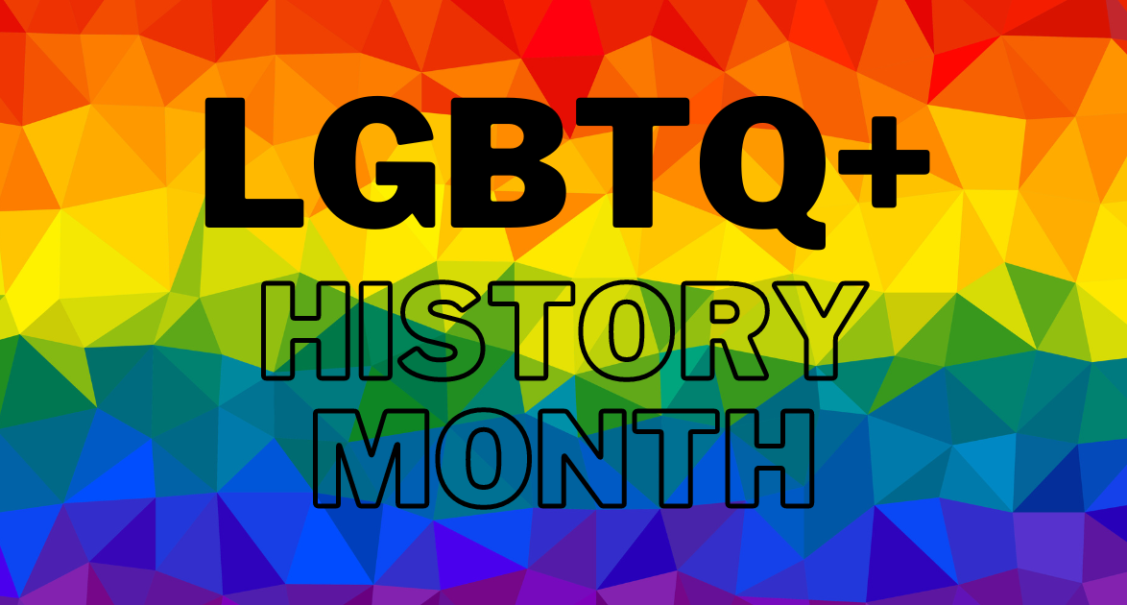The School of Health Professions Celebrates LGBT History

During LGBTQ+ History Month (October), it's important to recognize the rich and diverse history of LGBTQ+ individuals in the United States. Many LGBTQ+ individuals have made significant contributions to social, political, and educational fields throughout history. Unfortunately, these contributions have often been overlooked, and many individuals have faced marginalization and even punishment due to their identity. Here are a just few examples:
Alan Turing, a British mathematician, was one of the most influential code breakers of World War II and is considered by many as the father of the modern computer. When it was discovered that he had a male lover, he was convicted criminally as a homosexual and was chemically castrated, ultimately leading to his suicide in 1954.
Sally Ride, the first American woman to travel in space and who inspired generations of young girls as an astronaut, hid her sexuality while in the space program for fear that it would derail her career. It was only acknowledged after her death in 2012 that she had been in a same-sex relationship for 27 years.
Dr. Alan L. Hart, one of the first trans men to undergo a hysterectomy in the United States in 1917, was a groundbreaking radiologist who pioneered the use of x-ray photography. Although his work as a researcher was well known, he faced difficulties getting work when a former classmate outed him in a newspaper.
Bayard Rustin was an influential organizer for Civil Rights and played an instrumental role in organizing the 1963 March on Washington. During this time, he consistently faced criticism for his sexuality and was relegated to a “behind the scenes” role and not recognized for his tireless work.

